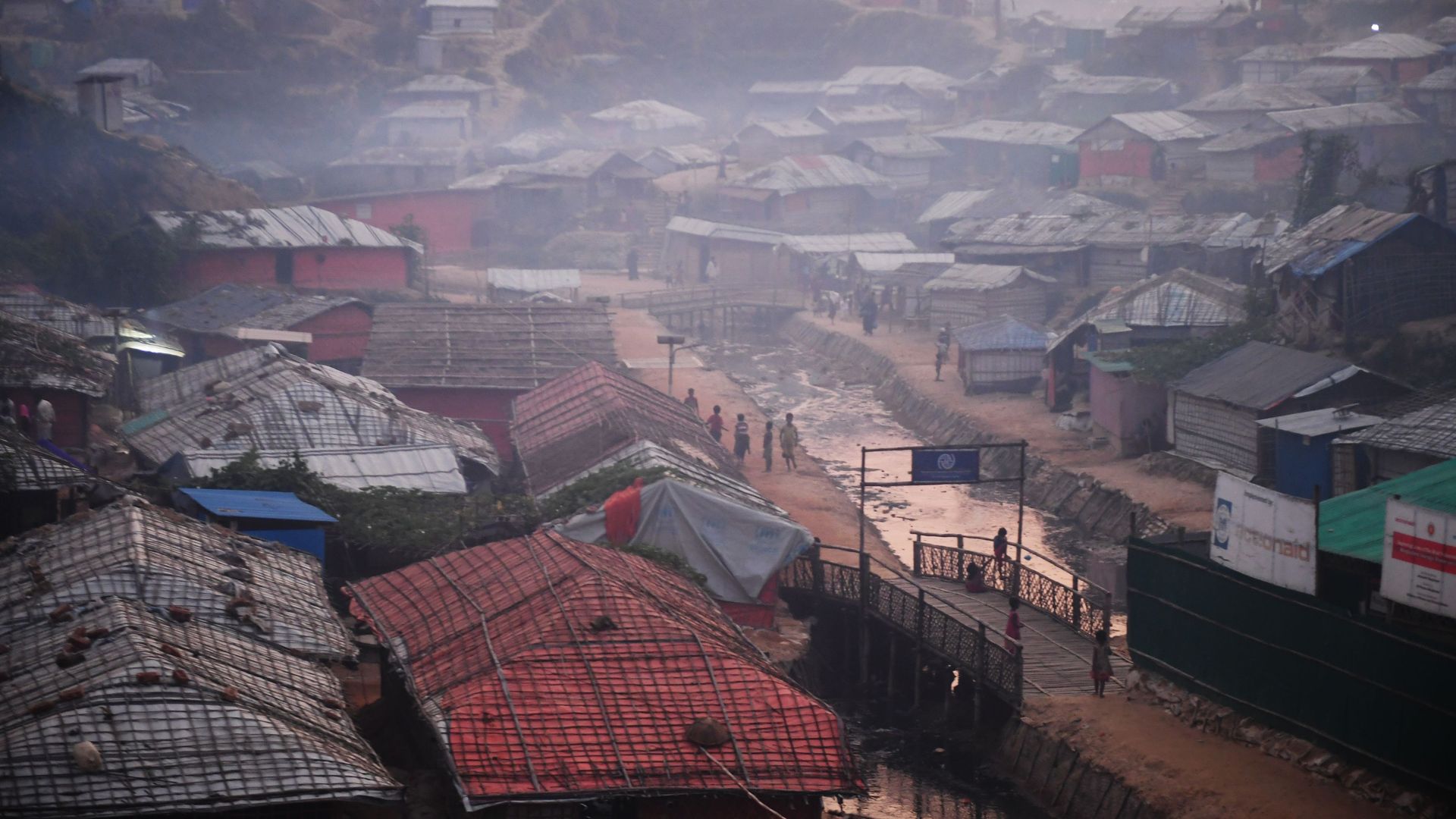Dec 5, 2018
128,000 Rohingya Muslims remain displaced in Myanmar
Add Axios as your preferred source to
see more of our stories on Google.

Photo: Dibyanshu Sarkar/AFP via Getty Images
Add Axios as your preferred source to
see more of our stories on Google.

Photo: Dibyanshu Sarkar/AFP via Getty Images